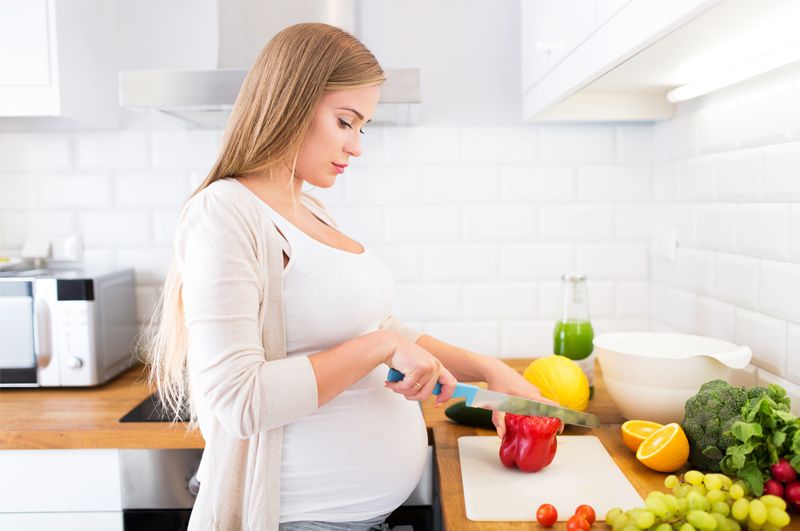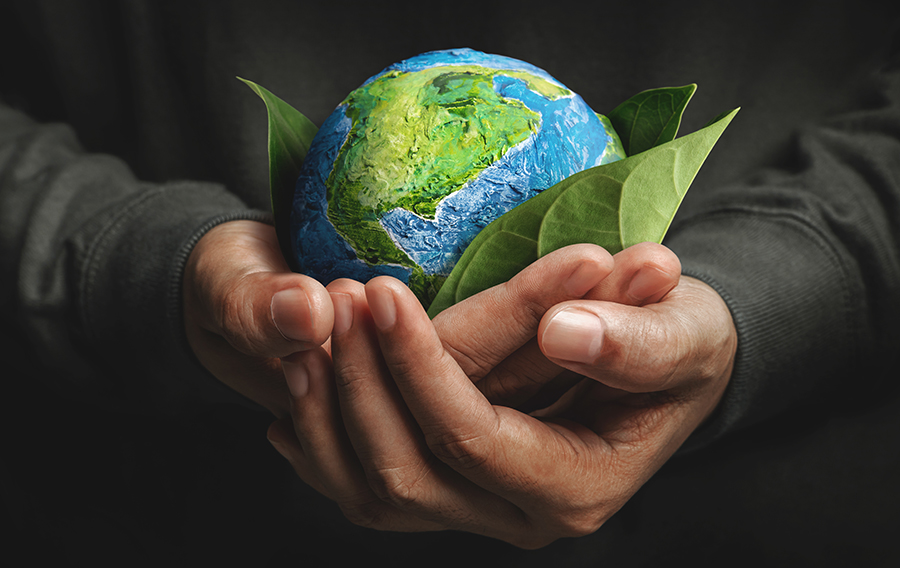Good nutrition is essential for pregnancy because what you eat will have a direct impact on the health and growth of the unborn child. It is a fact that you will need to eat more which for most ladies is about 300 extra calories every day, but there is more to pregnancy diet that consuming extra food. What you eat is vital because it will affect your baby’s health and also your overall experience in those nine months. Diet should always be one of the first things that you work on once you determine that you are pregnant.
Here are some diet tips during pregnancy that you should keep in mind.
#1 Do Not Skip Breakfast
Morning sickness is one of the things that most pregnant ladies have to go through every day. It affects not only their emotions but also their appetite, and some tend to skip breakfast which is not okay during pregnancy. Breakfast is the most important meal of the day, and it is even more important during pregnancy because in the eight hours that you will be asleep the baby will absorb the nutrients that you consume during the day and so you need to take in more to ensure there is no deficiency. You should always start the day with whole grain and fortified cereals and some warm milk. And if you have the appetite you can also have a few slices of fruit.
#2 Eat a Variety of Foods
A pregnant lady should consume a variety of foods to ensure that the body gets all the essential nutrients that it needs. A nutritionist or a doctor can guide you on the best way to make sure that you eat a wide variety of foods. However, a simple rule is to go for at least six servings of grains and bread, two servings of fruit, at least four for the vegetables, four for dairy and three servings of protein sources like as poultry, fish, and nuts. It is also important to note that there are no restrictions when it comes to the fruits and vegetables hence you can have as much as you want but too much of animal and dairy product is not suitable for pregnancy.
#3 Remember to Take Prenatal Vitamins
Most ladies will dedicate a lot of time and money to ensure that they get all the vital nutrients during the nine months of pregnancy. However, this does not mean that there will not be nutritional gaps in their diet. It is because of this fact that you should always take organic prenatal vitamins before and during your pregnancy. These natural prenatal vitamins will help to ensure that your diet does not leave any nutritional gaps and that your baby gets all the vital nutrients that he or she needs for healthy development.
#4 Eat Enough Fish
DHA is one of the key elements that you need during pregnancy because it is vital for the growth of the fetus. You can get it in abundance from flaxseed and seafood which means that you have to eat enough fish during the nine months. DHA is an omega-3 fatty acid that has numerous benefits to the unborn baby that include things like boosting his brain development and hence improving memory, vision and motor skills. You should take about twelve ounces of fish every week but make sure that you avoid those with high mercury levels like swordfish, tilefish, and mackerel. Shrimp, catfish, and salmon are some of the common fish types that have low mercury content.
#5 Go For Healthy Snacks
Cravings are common for pregnant women, and you will always feel like eating something. Most ladies will want to eat fatty and sugary foods, but this is not a good choice because despite their good taste they do not provide any significant amount of nutrients to your child and will also make you gain excess weight. Instead of the sugary and fried foods, you should go for healthy snacks such as nuts, fat-free cheese, whole grain crackers, fruit smoothies, and vegetable or fruit salads. Making the right diet choices will have an immense impact on the development of your child, and this is not just when they are still in the womb but also for the rest of their life. As a mom, it is your duty to ensure that you give your child the best start possible and for this diet is a key factor. The five diet tips during pregnancy above will come in handy, but there are still many other vital things that you will need to do such as avoiding alcohol and caffeine and taking foods that are rich in calcium and iron.








